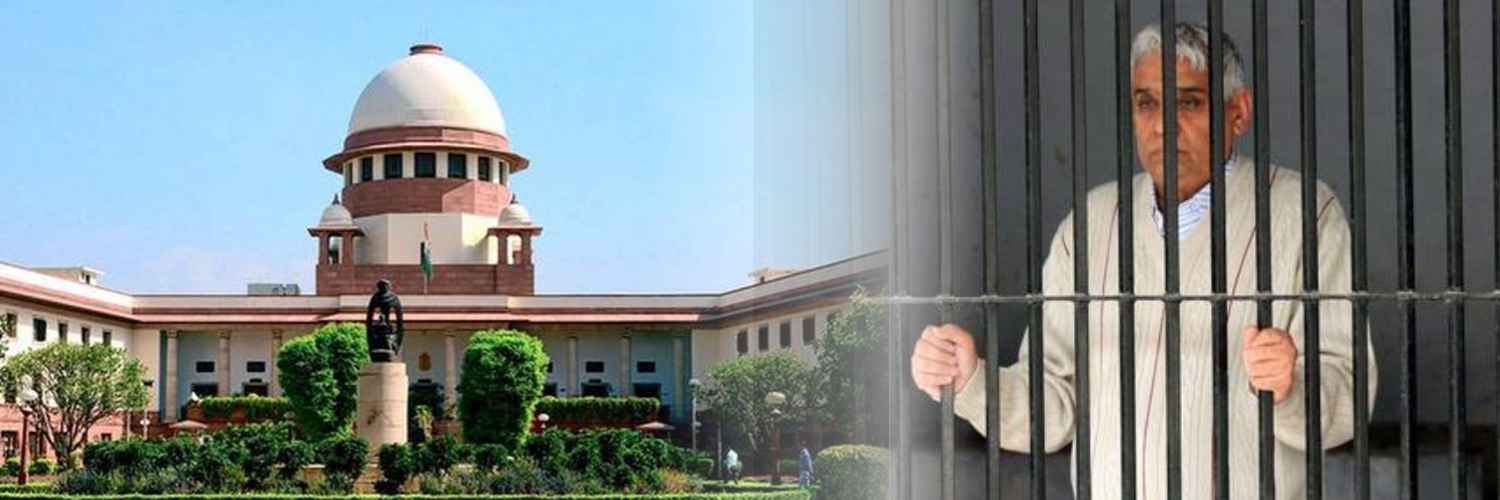The Kerala High Court in a recent case has observed that “Only those sexual intercourse which are welcomed could be construed as not violative of the rights of the victim, and accepted as consensual.”
In the present case, the accused raped a 14-year-old minor girl who belonged to a Scheduled Caste on various subsequent days, and impregnated her. Subsequently, the trial court observing that the prosecution failed to establish that the case falls under the definition of ‘rape’ as described under Section 375 of IPC, has held the accused guilty under Section 376 of the Indian Penal Code.
However, in an appeal before the HC, the accused argued that that the victim has admitted that she used to go to the house of the accused as and when desired or required by the accused and had sex with him.
While hearing to this argument, the bench comprising of Justice PB Suresh Kumar court stated that “The consent, on the part of a woman as a defense to an allegation of rape, requires voluntary participation, not only after the exercise of intelligence, based on the knowledge, of the significance and moral quality of the act, but after having freely exercised a choice between resistance and assent. In other words, consent in order to relieve an act of a criminal character, like rape, must be an act of reason, accompanied by deliberation, after the mind has weighed as in a balance, the good and evil on each side, with the existing capacity and power to withdraw the assent according to one’s will or pleasure”.
Further, the bench also referred to a decision of the United States Supreme Court in Meritor Savings Bank, FSB v. Mechelle Vinson et al. in which it was held that welcomeness and not consent, shall be the standard for sex that doesn’t violate the right of women consistent with gender equality.
While upholding the conviction the Judge also quoted Judith Lewis Herman, (an American Psychiatrist and Researcher Traumatic Stress): “When a person is completely powerless, and any form of resistance is futile, she may go into a state of surrender. The system of self-defense shuts down entirely. The helpless person escapes from her situation not by action in the real world but rather by altering her state of consciousness.”
(This news has been written and submitted by Mr. Yogesh Sharma during his course of internship at B&B Associates LLP. Mr. Yogesh is a third-year law student at Chandigarh University, Gharuan, Mohali.)






